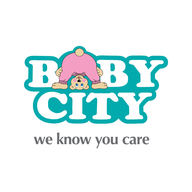
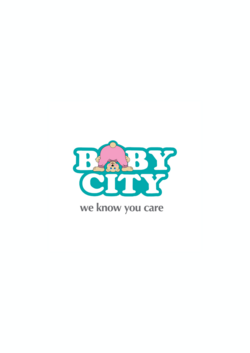

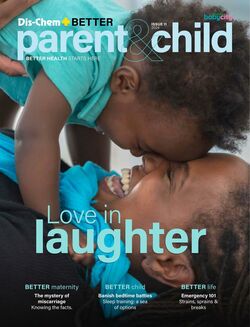
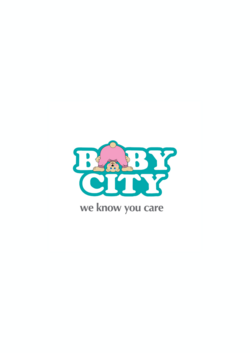


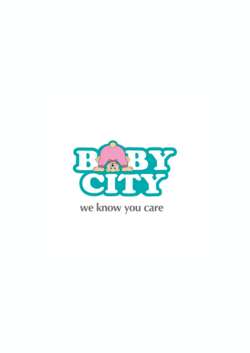


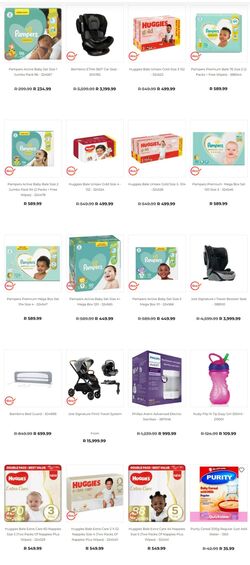
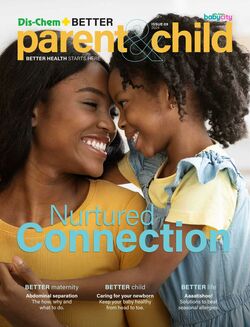

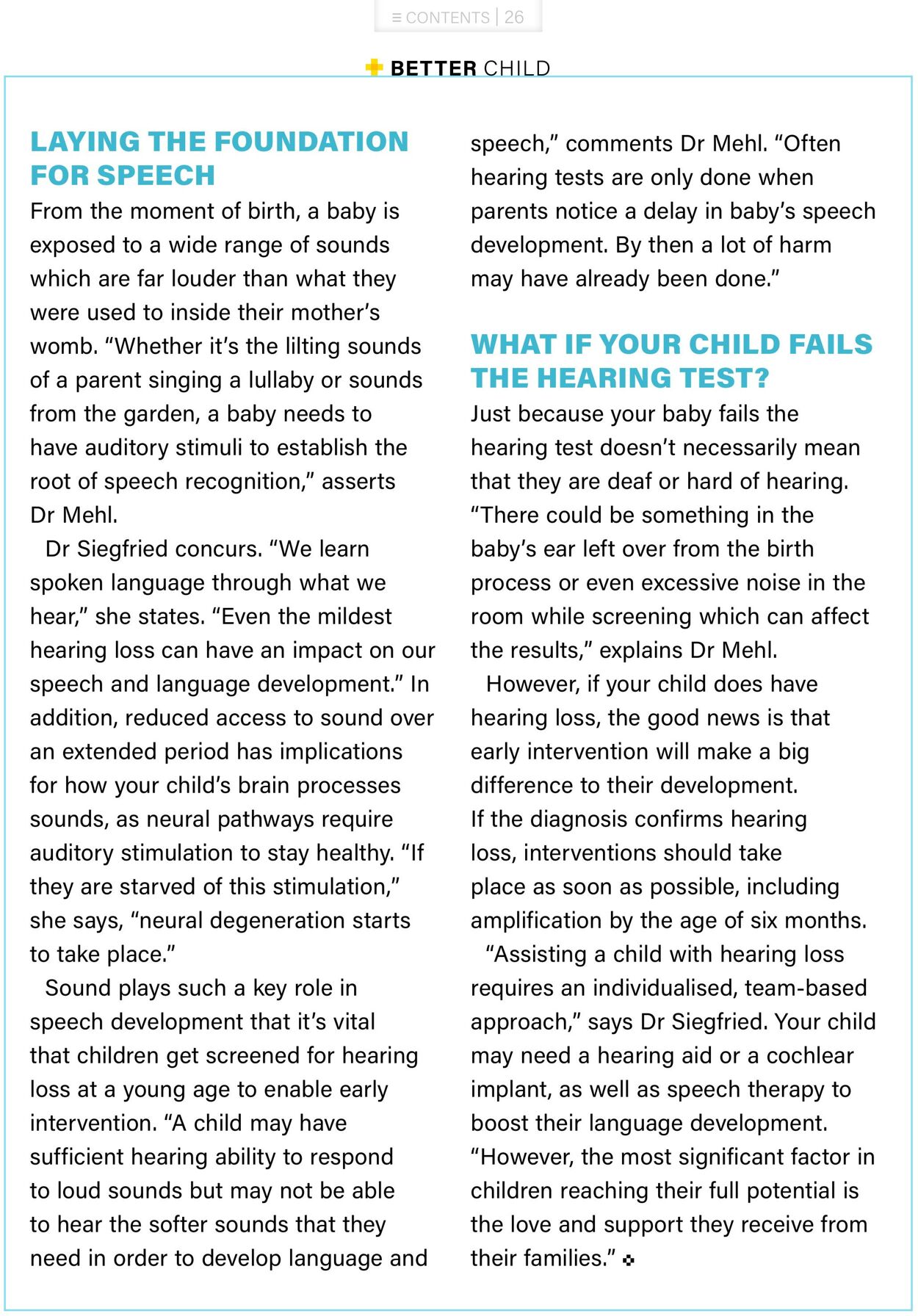
Products in this catalogue
“+ BETTER CHILD LAYING THE FOUNDATION FOR SPEECH From the moment of birth, a baby is exposed to a wide range of sounds which are far louder than what they were used to inside their mother's womb. “Whether it’s the lilting sounds of a parent singing a lullaby or sounds from the garden, a baby needs to have auditory stimuli to establish the root of speech recognition,” asserts Dr Mehl. Dr Siegfried concurs. “We learn spoken language through what we hear,” she states. “Even the mildest hearing loss can have an impact on our speech and language development.” In addition, reduced access to sound over an extended period has implications for how your child’s brain processes sounds, as neural pathways require auditory stimulation to stay healthy. “If they are starved of this stimulation,” she says, “neural degeneration starts to take place.” Sound plays such a key role in speech development that it's vital that children get screened for hearing loss at a young age to enable early intervention. “A child may have sufficient hearing ability to respond to loud sounds but may not be able to hear the softer sounds that they need in order to develop language and speech,” comments Dr Mehl. “Often hearing tests are only done when parents notice a delay in baby’s speech development. By then a lot of harm may have already been done.” WHAT IF YOUR CHILD FAILS THE HEARING TEST? Just because your baby fails the hearing test doesn’t necessarily mean that they are deaf or hard of hearing. “There could be something in the baby’s ear left over from the birth process or even excessive noise in the room while screening which can affect the results,” explains Dr Mehl. However, if your child does have hearing loss, the good news is that early intervention will make a big difference to their development. If the diagnosis confirms hearing loss, interventions should take place as soon as possible, including amplification by the age of six months. “Assisting a child with hearing loss requires an individualised, team-based approach,” says Dr Siegfried. Your child may need a hearing aid or a cochlear implant, as well as speech therapy to boost their language development. “However, the most significant factor in children reaching their full potential is the love and support they receive from their families.” +
| Name | Details |
|---|